




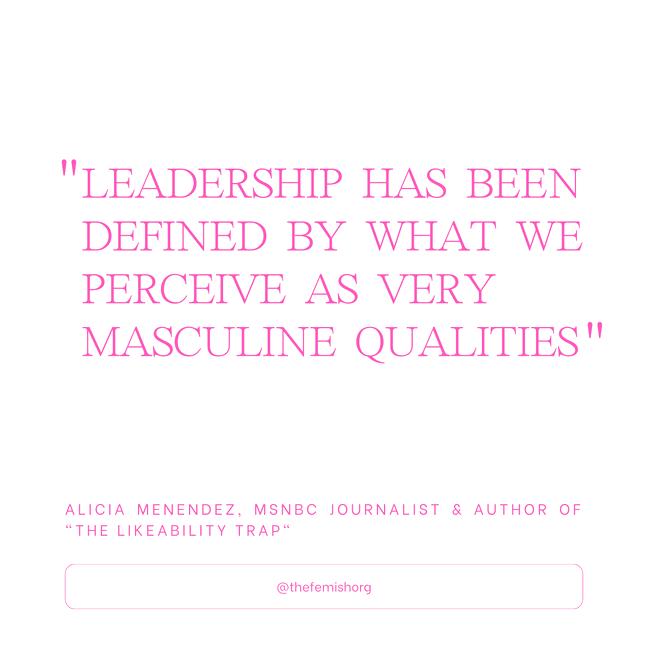
DONT FORGET! THIS ENTIRE MAGAZINE IS INTERACTIVE, THERE ARE LINKS EVERYWHERE!













DONT FORGET! THIS ENTIRE MAGAZINE IS INTERACTIVE, THERE ARE LINKS EVERYWHERE!






Thank you for checking out our e-magazine! This is our 4th Issue, with a dollop of Barbie. Read on for personal stories, research accomplishments, and more!

FEMISH has so much to share, from research, organizational updates, personal experiences, and more. We want to bring it to you in a fun and interactive way. Read on to meet our newest Board Member!
FEMISH is a 501(c)3 nonprofit organization, currently running on volunteer fuel If you would like to assist with the creation of this monthly magazine, we are looking for editors, writers, marketing, you name it!
Have a story to share? Found a relevant news article we should talk about? Know someone we should interview? Let us know by reaching out to info@femish org and check out our Contributor Form linked on the last page
Don’t forget to subscribe to our website and follow our social media accounts: Instagram, Facebook, Tiktok
Thank you for all your support! Together we can create a welcoming and inclusive world
Our next issue will be out in October, perfect time for some witch stories
Ashlyn Allemand is a junior at North Central College majoring in sociology with minors in race and gender studies. She hopes to continue her studies in a graduate program after undergrad Ashlyn is interested in writing feminist theory and teaching in higher education Her goal in life is to continue learning and growing as a feminist theorist and remind others of the power within themselves.
A FEMISH Intern, Becca Schneider is a rising senior at Lake Forest College in Lake Forest, IL She is studying Sociology with a minor in gender studies and politics. Her goal is to get her doctorate and become a sociologist and study the queer population
Founder of The FEMISH Organization, Femme Equity Activist, and attorney who was fed up with gender bias and discrimination. She stumbled upon the term "femmephobia" and saw the need for this loop-hole in society to be closed
 Ashlyn Allemand
Becca Schneider
Samantha Martin
Ashlyn Allemand
Becca Schneider
Samantha Martin
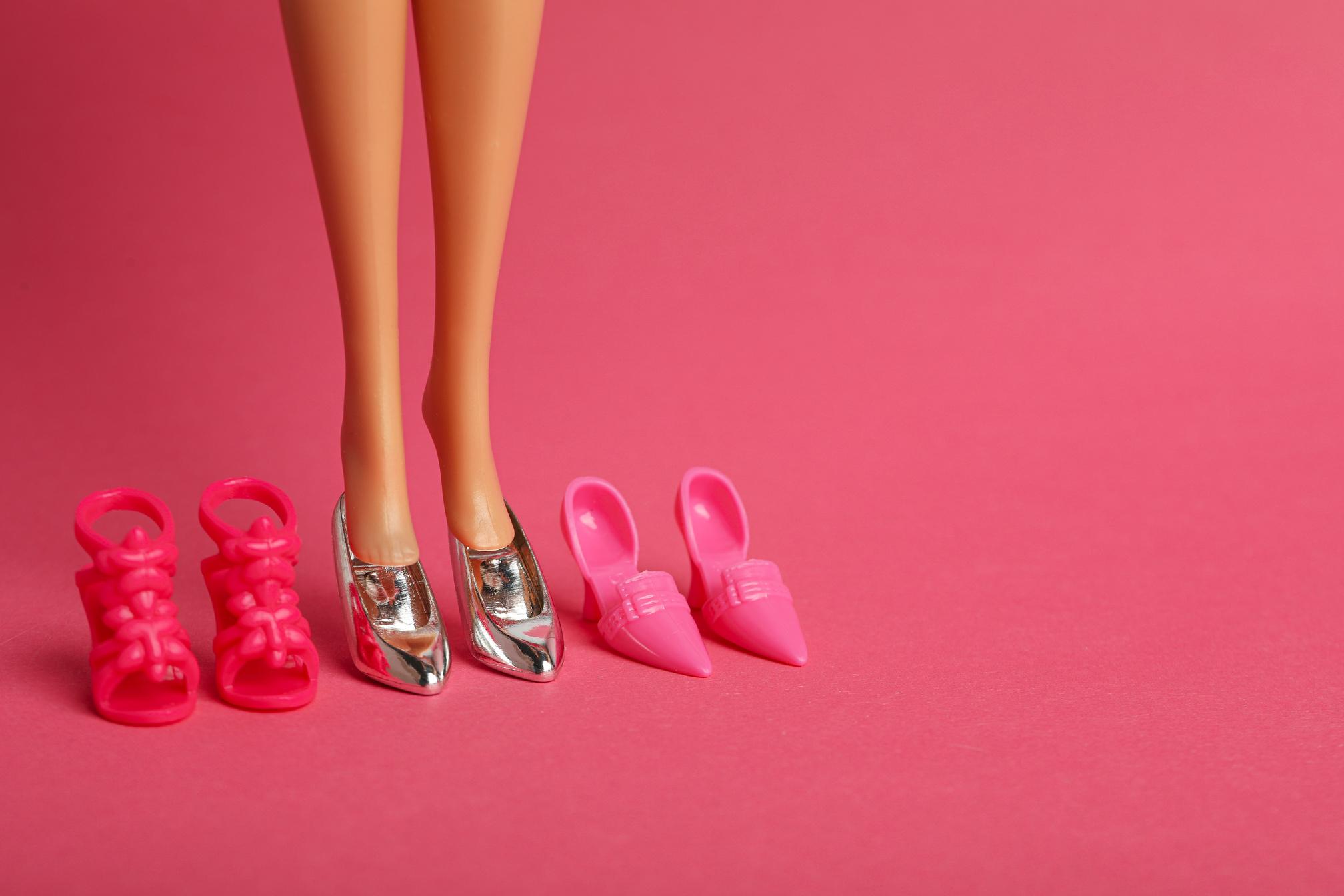 By: Becca Schneider
By: Becca Schneider
Picture a Barbie; her hair is perfectly styled, makeup that one could only achieve with a makeup artist, and a body that is so unattainably perfect. This icon loves all things pink, sparkly, and glamorous Most importantly, Barbie dresses for herself, not for the male gaze. According to Rhea Hoskin, “Femme is the failure or refusal to approximate the patriarchal norms of femininity” (Hoskin, 2017, p 1) Despite the dumb blond or “bimbo” (Shapiro, 2023) trope (as Ben Shapiro called Barbie) often associated with Barbie, Greta Gerwig’s portrayal of this iconic doll defies patriarchal femininity by embracing her femininity and debunks common stereotypes associated with femininity and intelligence. Instead, Barbie champions that one's femininity does not have to detract from her intelligence, feminist attitude, and resiliency.
In Hollywood, the familiar trope of being blonde, skinny, and drop-dead gorgeous based on societal standards is often associated with the notion that the character is unintelligent and shallow. Margot Robbie’s character portrayal of Stereotypical Barbie in the movie is quintessentially feminine. Although there were instances throughout the film that depicted Stereotypical Barbie in a shallow manner, such as when she had to choose between wearing heels or Birkenstocks, many scenes highlighted her intelligence. One location in particular where Stereotypical Barbie exhibits her ability to adhere to her hyperfeminine presence and still maintain her intelligence is when Sasha calls Barbie a fascist. Barbie responds, “I am not a fascist. I do not control railways or the flow of commerce ” (Gerwig, 2023).
In this scene, Barbie is wearing a pink bedazzled cowboy outfit with her stomach showing while demonstrating her knowledge of fascism Barbie’s ability to dress hyper-feminine while displaying her understanding of ‘real world’ politics goes directly against the stereotype that femininity and intelligence can not coexist. Stereotypical Barbie’s character proves that femininity can coincide with intellectual ability.
In the movie, Barbie exhibits a feminist attitude typically not associated with having a more feminine presence, especially in Hollywood In Hollywood, the pretty girl is often there to fall in love with the man and is supposed to be there for the man ’ s ideals. For example, in the movie The Little Mermaid, Ariel has her voice stolen, and the only way to get it back is to have Prince Eric kiss her In order to do this, Ariel has to make the prince fall in love with her over a short period of time. This type of femininity is called patriarchal femininity.

It is what moviegoers are used to seeing when they see a pretty girl like Stereotypical Barbie. In Barbie’s case, however, Stereotypical Barbie has a very feminist attitude. One example where Greta Gerwig displayed Barbie’s attitude was when Stereotypical Barbie walked into Mattel and expected everyone running the company to be female. Unfortunately, to Barbie’s surprise, this was not the case. Males ran the whole board Since Barbieland is a reverse patriarch (I am not calling this society a matriarch because, in a matriarchal society, we would like to see men and women be equal, which was not the case in Barbieland), that empowers girls to be anything they wanted to be, Barbie was genuinely disappointed when the real world, especially Mattel (a company that prided themselves on women empowerment), had no women in power. This example demonstrates how Barbie exemplified a feminist attitude in the real world

Another example of Barbie having a feminist attitude was in Barbieland when she said no to Ken, despite most “pretty characters” falling for the pretty boy. Throughout the movie, Ken attempts to make Barbie fall in love with him. Like the example of The Little Mermaid above, most Hollywood movies have some sort of love story ingrained into the plot; this movie, on the other hand, demonstrates the use of the word no and consent. These traits are both seen as unfavorable and playing hard to get. In the Barbie movie, however, they demonstrate a robust feminist lead. One place where the use of the word no is displayed is right after a party Barbie and Ken are standing outside Barbie’s dream house, where Ken is trying to invite himself over for the night. Barbie responds, “But I don’t want you here” (Gerwig, 2023).
Gerwig demonstrates Barbie asserting herself and not giving in to the pressures of hookup culture usually seen in Hollywood films Stereotypical Barbie conveys to women watching the film that they are not there to please the man, and it is okay to say no.
Finally, Margot Robbie’s portrayal of Barbie also illustrates that just because life gets hard, being feminine is not an excuse to give up and be submissive. Once Barbie returns to Barbieland from the real world, she realizes that Ken has converted Barbieland into a patriarchy Finding Barbieland in this state crushes her Since Stereotypical Barbie has no job and no one expects anything from her except to look pretty, she does not expect anything of herself and wants to give up. During this scene,
Margot Robbie is seen on the ground having an existential crisis. With the help of America Ferrera’s character Gloria, and Kate McKinnon’s character Weird Barbie, Stereotypical Barbie pulls herself together after having a meltdown. The trio then goes and creates a plan to save Barbieland This scene demonstrates Stereotypical Barbie’s resilience; instead of giving up, Barbie pushes through the discomfort of the unknown and eventually convinces all the other Barbies (who have been brainwashed by Ken) to join and take back Barbieland. If Barbie had given into the trope of letting a strong masculine character come to save her, like most movies in Hollywood, she would not have been able to save Barbieland from the patriarchy.
In the Barbie movie, Greta Gerwig does a stunning job dismantling long-standing Hollywood stereotypes by portraying Margot Robbie’s character as Stereotypical Barbie; Barbie represents much more than a pretty plastic doll She is an emblem of how femininity can coexist with a resilient, intelligent, and feminist attitude Barbie proves that femininity is not a weakness or downfall but a force to be reckoned with by challenging the audience to look past the facade of a one-dimensional doll and see Barbie as a multi-dimensional feminist. This representation of Barbie sends a resounding message to look past superficial stereotypes based on looks and gender expression Through the use of a toy once seen as a symbol of patriarchal femininity, to a symbol of women's empowerment, Barbie teaches us that society needs to reevaluate the perception of femininity.
Traditional gender stereotypes often associate traits like vulnerability, emotionality, and seeking help with femininity These stereotypes can lead to the perception that addressing mental health concerns is somehow more aligned with feminine characteristics.
In fact, women's emotions have often been stigmatized as "crazy", "dramatic", "attentionseeking" and these same stigma's have been placed on those who seek mental health support
And if men have feminine traits, they are seen as less of a man and sometimes feel as though they are less than a man, leading them to avoid or hide such characteristics. And there we have femmephobia.
Historically, those assigned male at birth have been encouraged to be stoic and suppress their emotions Seeking mental health care might be viewed as a departure from this expected stoicism, leading to concerns about appearing "weak" or "unmanly". The taboos surrounding mental health are reinforced by the notion that men should be self-reliant and not need assistance. What men should and shouldn't be, and therefore what women should and shouldn't be, is socialized from a young age and then reiterated in media and culture
What
Since those born female are seen as emotional, their mental health is often not taken seriously. This is clearly seen in lack of post-partum mental health screening and care.
Stereotypes can lead to interalizing negative thoughts about yourself
Fearing judgement can lead someone to isolate and miss opportunities for support
Pressure to meet gender norms, for cis and transgender people, can cause anxiety and depression.
Those who experience intersectional issues, where discrimination on more than one basis intersects, can have their mental helath disparities exacerbated.
Stereotypes such as these cause some to place nonbinary people in a gendered box, unable to think of labeled characteristics as androgynous
 BY ASHLYN ALLEMAND
BY ASHLYN ALLEMAND
Feminism allows for us all to open the most vulnerable parts of ourselves to seek love and acceptance in a world filled with hatefulness and neglect. Feminism provides connection and unity within and for each of us, unraveling our tangled roots attached to patriarchy.
Men who hear the word “patriarchy” oftentimes associate it with women’s liberation, therefore dismissing it as irrelevant in their own lives and experiences However, the patriarchy affects even those who are most privileged within the system: “Boys brutalized and victimized by patriarchy more often than not become patriarchal, embodying the abusive patriarchal masculinity that they once clearly recognized as evil
Few men brutally abused as boys in the name of patriarchal maleness courageously resist the brainwashing and remain true to themselves Most males conform to patriarchy in one way or another” (bell hooks the will to change). There is a toxic stigma that connects feminism with “hating all men” and believing all men are inherently evil. What we fail to recognize are the beautiful parts of masculinity that should be nurtured and embraced for the overall success of the feminist movement and divine unity amongst us as humans
Just as feminism is linked with women’s liberation, it challenges men to seek liberation for themselves too to break away from patriarchal approval of what a man should be Feminist thinking and practice are the only way we can truly address the cries of masculinity today Whilst living in a patriarchal society, men cannot be expected to explore the most vulnerable and emotional parts of themselves if they are not taught how to
Men cannot love themselves or others if they are not taught the art of loving. Men cannot heal their patriarchal wounds if there is no space for them to The place where most men refuse to change, and see themselves unable to change, is in their emotional lives (bell hooks the will to change) As feminists, it is crucial that we allow men and boys to take up the space needed for them to feel comfortable to connect with their feelings, and in turn become their highest selves
One of the first realizations I had while studying gender theory is that, just as women do not choose to be born into oppression, men do not choose to be born as oppressors Yes, men can actively partake in oppressive and discriminatory acts that keep the hierarchical systems in place, making them patriarchs, but the foundation was already built for them to do so.
“Masculinity and masculine traits are not the issue, patriarchy is."
Men have to actively connect their inner selves with the work of feminist practices to dismantle their patriarchal home. This is their choice.

Not only is there an extensive importance for men to connect deeply with feminist practices within and for themselves, feminism, as a whole, will not achieve successful advancement without men Feminism needs men We need help from those most privileged in order to see real and fundamental change The definition of feminism has become very blurred, to the point where even those who claim themselves to be feminists are not doing true feminist work What is crucial to understand about feminism is that it is not only for women's rights and liberation, but the rights and liberation of all people, especially those that undergo systemic oppression and subordination done by patriarchy. You're a feminist if you work for environmental and climate justice. You're a feminist if you fight for the justice of our impoverished and homeless communities. You're a feminist if you direct films with exceptionally diversified casts If you fight for gun violence and justice for our young children You’re a feminist if you actively dismantle oppressive stigmas, systems, and ingrained socializations
Men oftentimes work in these fields and don't recognize that they are doing feminist work and more often than not won’t call themselves a feminist. By giving men the chance to connect with themselves on a deeper, more vulnerable level, they could see their work as a part of something bigger as a part of the Movement Feminism is crucial for men because not only can they learn to recognize themselves, they can learn to recognize themselves within the system
As a woman who will spend the rest of her life fighting for the liberation of all people, I urge you to encourage the men in your life to connect to feminism, to connect with themselves, to liberate from patriarchal approval Masculinity and masculine traits are not the issue, patriarchy is As feminists, we cannot say “ we hate all men” and expect them to join us in the fight for liberation. We must inspire them to change. The progression of the feminist movement relies on the unity of all people and our ability to connect our feelings with one another There is something so special about men who not only see the damages patriarchy puts unto women, but also themselves Men deserve the chance to escape the standard to dominate We must welcome and accept them into our work in order to untangle our knotted roots that keep us from being free
“If men are to reclaim the essential goodness of male being, if they are to regain the space of open heartedness and emotional expressiveness that is the foundation of well-being, we must envision alternatives to patriarchal masculinity. We must all change.
We cannot change men but we can encourage, implore, and affirm their will to change. We can respect the truth of their inner being, a truth that they may be unable to speak: that they long to connect, to love, to be loved.”
— bell hooksAshlyn Allemand, FEMISH Intern
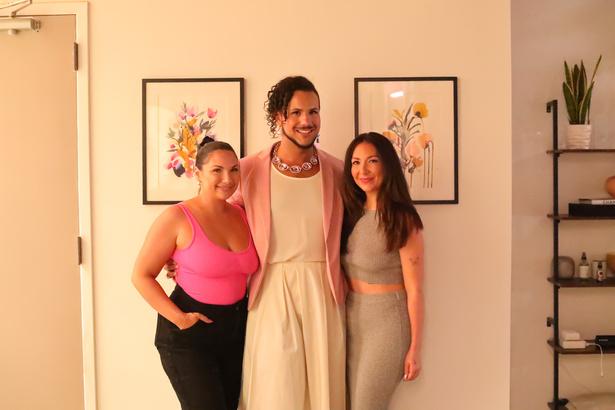
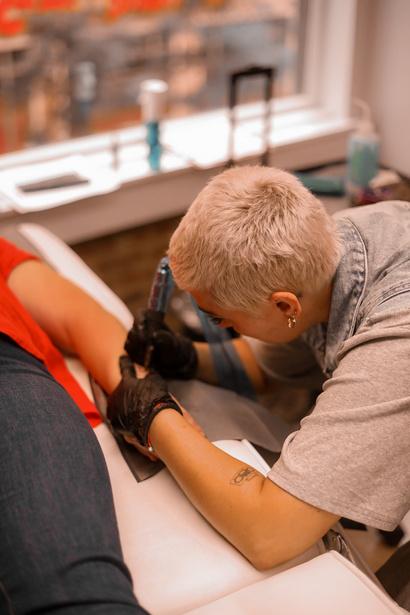
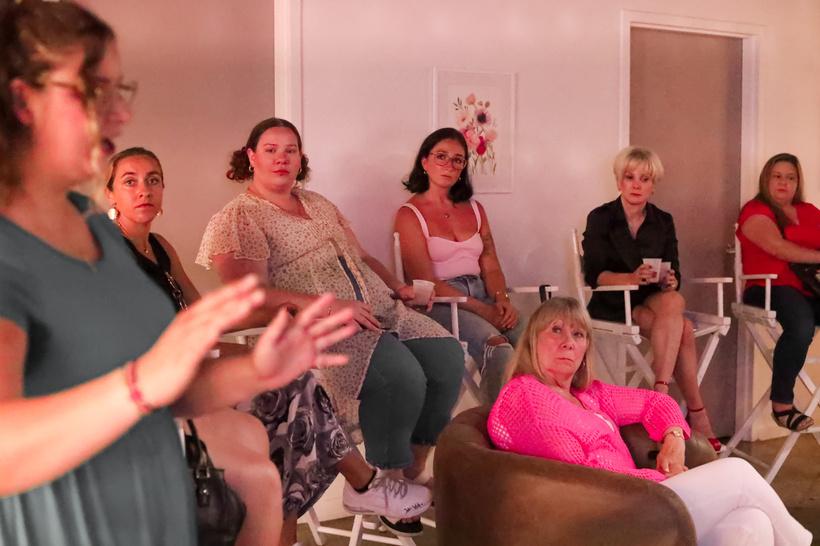
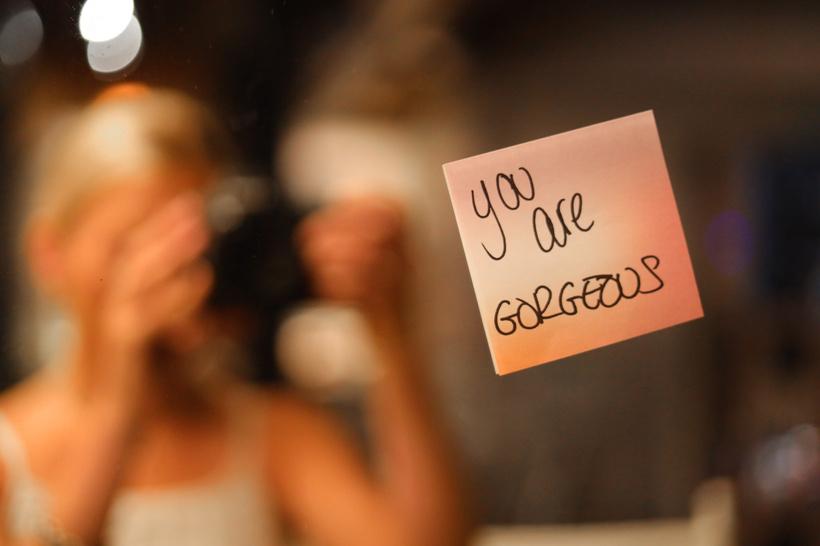
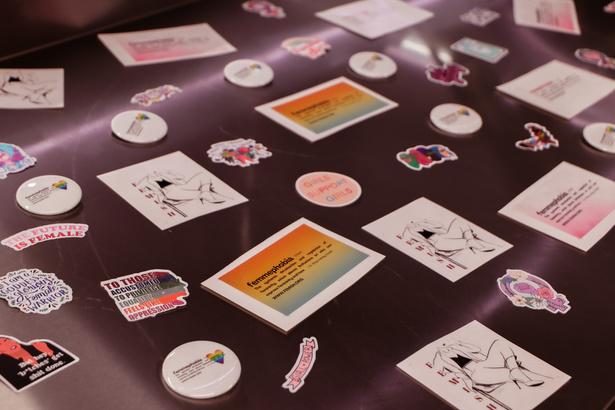
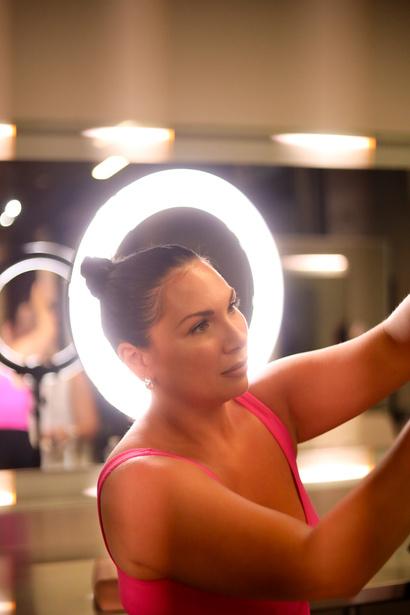
Our last Issue introduced Samy as one of our speakers for our Go Femme Yourself event. This issue, we are beyond excited and honored to introduce Samy as the newest FEMISH Board Member!
Samy's experience and voice as a Queer Latinx Advocate and the first nonbinary person to run for NY State Assembly brings a wealth of perspective on intersectional issues.

Their passion for life and equality pairs well with the FEMISH Mission. Welcome Samy by following their work on Instagram:
@SamyNemir @samynemir Super Queers


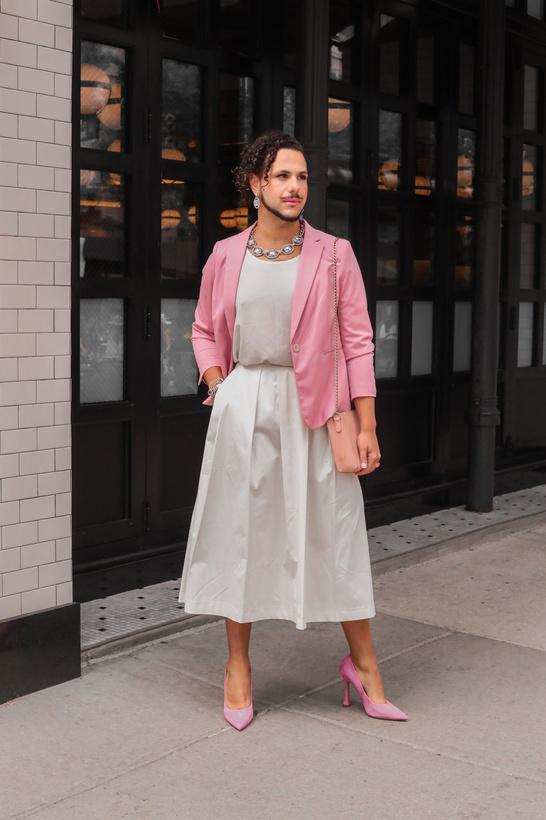

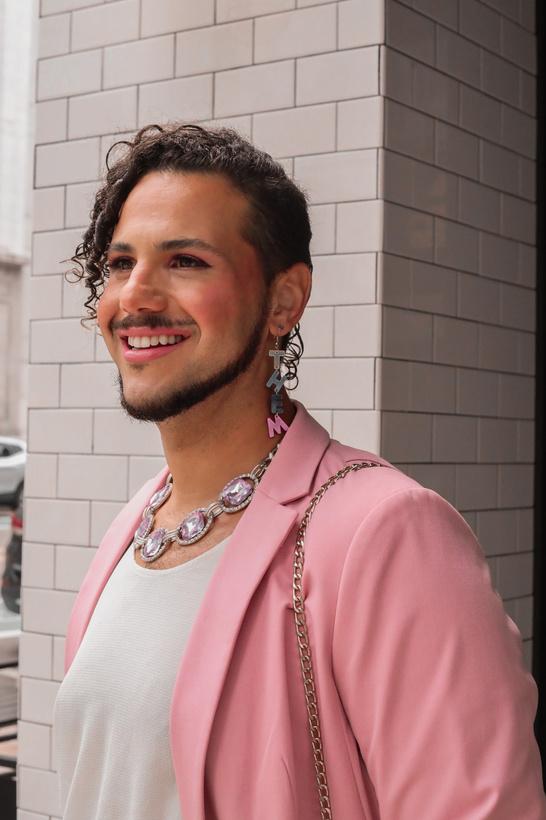
Founder: Samantha Martin. Graduated from DePaul Law School, currently residing in Glen Ellyn, IL with her 3 kids and her husband

Board of Directors: Dr. Rhea
Ashley Hoskin. Feminist sociologist/ Professor,/Author residing in Toronto, CA with her wife
Board of Directors: Suzanne sabat


professional makeup artist, branding expert
Residing in St. Charles, IL with her Husband and 3 kids.
Board of Directors: Bethany white, attorney and highly activie in women's professional networks, residing in Chicago, il with her husband and child.

There has been this focus on getting in, and getting ahead, that the masculine environment has been ignored or shrugged at, a challenge to play a man's game and win.
Many think that discrimination at the hiring process, and in the workplace, is almost nonexistent. They look at how far we have come in the last 70 years, how many more women are in managing roles and C-suites. The percentage of women attending college, graduate school, law school, medical school has increased. But there is still discrimination and bias at all levels of ambition.
According to LinkedIn, women are 16% more likely to get hired. This is of course a general number, and is not reflective of every industry or every positions. So, does that mean the problem is fixed? No.
For example, men and women enter the legal profession equally, however, there are less female attorneys, and they still get paid less. Hiring women is not even close to the end of the road.
Companies and HR can feel warm and fuzzy boasting about women managers, their woman CFO, their woman In-House Counsel. But presence isn't the end of the fight. What good is being there if you have to play on the men's home court by their rules?
But no one is winning. Women still face differential treatment. We have to watch what we wear because we'll be sexualized or seen as incompetent, as this study shows. Too many of us have had to deal with harassment, being treated like an assistant to our male team members or managers, having our dedication and capabilities questioned, and paying the Motherhood penalty.
In Alicia Menendez's book, The Likability Trap, she discusses the issues she has faced as a journalist and anchor on MSNBC, and her own insecurities about being liked, caused by the expectations society places on us as little girls.
Alicia has often discussed the feedback she receives versus her male colleagues; comments on her clothing, her make-up, her body. All this in addition to the balancing act of being likable but promotable, because studies show the more successful a woman is, the less likeable she is.
She got the opportunity, got the job, and what she found was not an uphill battle, it was a never ending upstream swim.

If you are a woman, you are more likely to receive different feedback about your performance on reviews. Your personality will be too strong to be liked or too soft to be a leader. When such subjective views are assigned to people, how can anyone win?
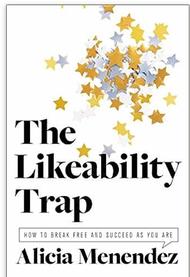
Here's a start: Alicia gives these tips for the office (and life):
If you are told you are "blank" (too aggressive, for example), ask "Compared to Whom?"
“ask how that style is connected to the results and the outcome of your work. Because someone may be able to draw a line for you between your style and your results. But if they can't, then that's a problem.”

Advocate for other women. If someone makes a negative comment about a woman, shift it to a positive. Alicia's example is if someone calls a woman "indecisive", to ask if perhaps she's "deliberate".
And finally, "Be wildly ambitious"
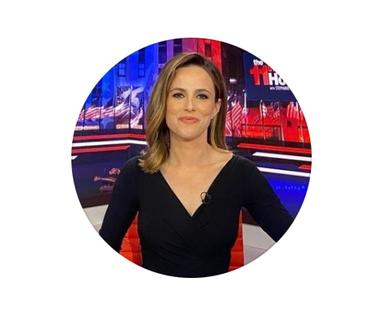
Need a passion project to fill your credits or your soul? FEMISH has remote interns and tons to work on from writing & editing, photography, social media content, research, event planning, and community organization.
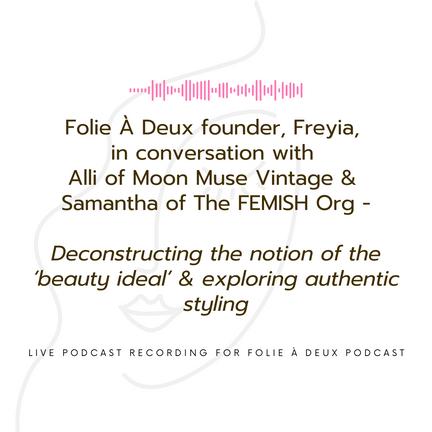

Apply Here!



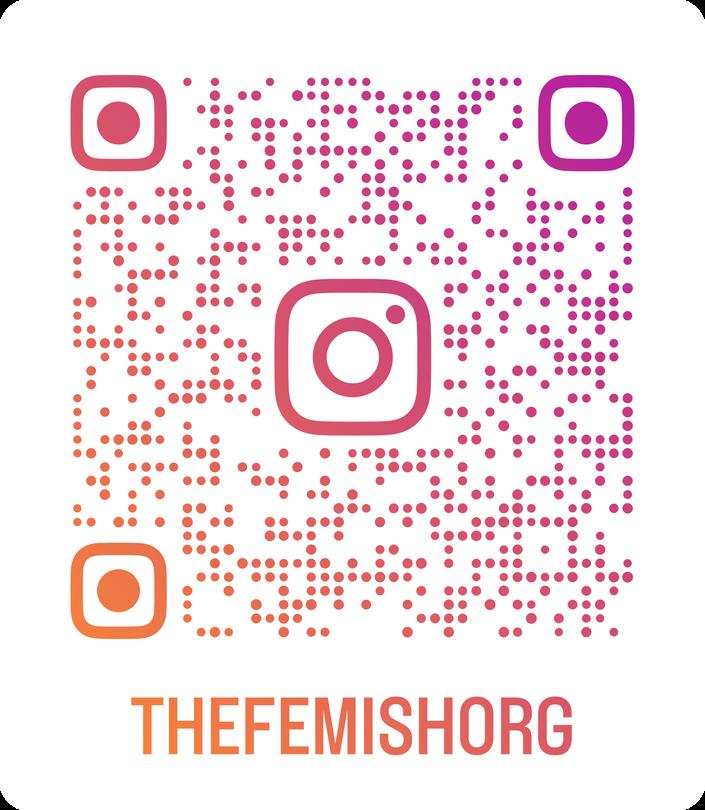
IF FOR SOME REASON YOU STILL HAVE NOT MADE YOUR WAY TO THE NEAREST THEATER, GO NOW GREAT ACTING PERFORMANCES IN THIS FEMINIST MOVIE THAT ACKNOWLEDGES BARBIE'S AFFECTS ON SOCIETY, BOTH NEGATIVE AND POSITIVE, WHILE PORTRAYING THE EFFECTS OF THE PATRIARCHY.

WRITTEN BY ALICIA MENENDEZ, GET A TASTE OF WHAT'S INSIDE HERE
HER FIRST $100K PODCAST: IS SEX WORK FEMINIST?
AN ISSUE STILL DEBATED IN THE FEMINIST WORLD, LISTEN IN ON THIS SERVICE WORKER'S EXPERIENCE.
DONT FORGET! THIS ENTIRE MAGAZINE IS INTERACTIVE, THERE ARE LINKS EVERYWHERE!
Wewillneverstopsharingresearchandstoriesto createabondedcommunityofchangemakers. Femmephobia&Gender-policingareprohibiting trueequality,andwehavehadenough.
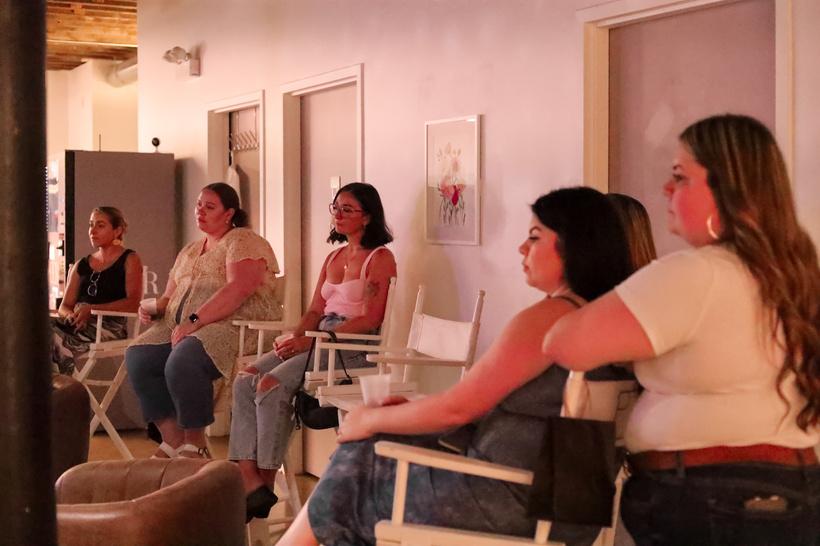
FilloutourContributorformbelowandseehowyou canaddyourvoicetoournonprofitorganization's platforms.

Throughout this magazine you will find links in articles and descriptions to the sources of that information. In addition, we will list cited studies here.
BARBIE AS A FEMME ICON:
Ashley Hoskin, R. (2017). Femme interventions and the proper feminist subject: Critical approaches to decolonizing western feminist pedagogies Cogent Social Sciences, 3(1), 1276819
https://doi org/10 1080/23311886 2016 1276819
Ben Shapiro. (2023). Ben Shapiro Destroys Barbie for 43 Minutes. YouTube Retrieved August 19, 2023, from
https://www youtube com/watch?v=ynU-wVdesr0
Gerwig, G. (Director). (2023, July 21). Barbie. Warner Bros.